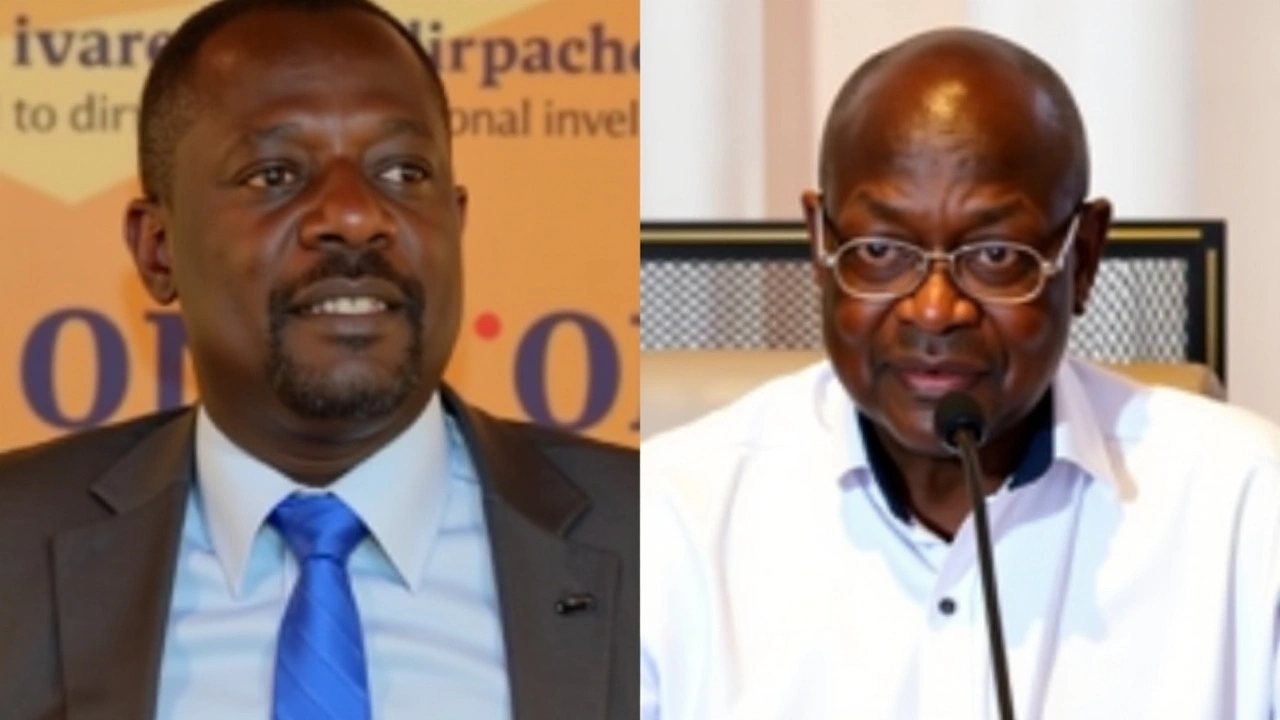If you've been following East African politics, you've probably heard a lot about Yoweri Museveni. He's been Uganda's president for decades, shaping much of the country's recent history. But who is he really, and why do his decisions matter?
Museveni first came into power in 1986 after a long guerrilla war. Since then, he's stayed in office through multiple elections, some controversial. His leadership style blends strict control with efforts to push economic development and stability.
Museveni's approach focuses on maintaining power while trying to keep Uganda stable in a turbulent region. He’s often credited with bringing peace after years of civil unrest. However, critics argue his long rule limits democracy and freedoms.
He’s known for prioritizing security and economic growth, but at times this has led to clamping down on opposition and media. Internationally, Museveni plays a role in regional efforts, often mediating conflicts in neighboring countries.
Museveni's actions influence not just Uganda but the whole East African region. His policies affect trade, security, and regional alliances. For anyone interested in African politics or global affairs, understanding Museveni gives insight into broader challenges and opportunities Africa faces today.
If you want to stay updated on Africa’s political scene, keep an eye on developments around Museveni and Uganda. His leadership story is far from simple, and every shift can impact millions.
Posted by
Siseko Tapile
11 Comments

ODM Secretary General Edwin Sifuna has criticized Ugandan President Yoweri Museveni for publicly rebuking MP Babu Owino during a Nairobi event. Sifuna contends that criticisms should be handled diplomatically, reflecting Kenya's legal principles. This incident underscores diplomatic tensions and calls for respect for Kenya’s sovereignty.
read more